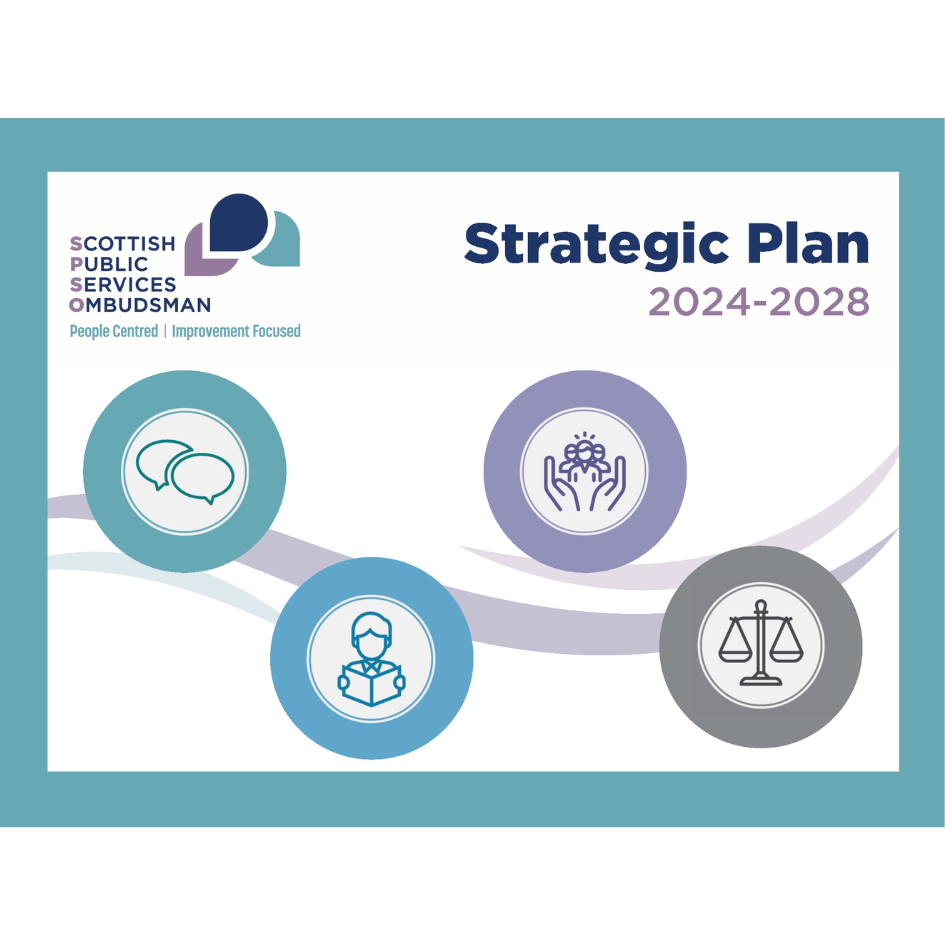Devon to review benefits calculations for nearly 300 carers following Ombudsman’s investigation
Date of article: 22/02/2024
Daily News of: 23/02/2024
Country:  United Kingdom
- England
United Kingdom
- England
Author: Local Government Ombudsmen for England
Article language: en
Devon County Council has agreed to look into how it calculated allowances to nearly 300 families who look after children as special guardians, following an investigation by the Local Government and Social Care Ombudsman.
During a complaint from a woman who was looking after her grandchild under a Special Guardianship Order, the Ombudsman found the council was wrongly taking into account benefits payments when calculating the allowances it would pay, contrary to the Ombudsman’s long-held position on this topic, and Government recommendations.
The council wrongly had a blanket policy of deducting child benefit from all special guardians receiving universal credit. The council agreed to change this policy with effect from January 2024.
It also confirmed there were 170 other special guardians in the county on means tested benefits who may have been impacted by its calculations, and a further 125 where the council had no information.
Ms Amerdeep Somal, Local Government and Social Care Ombudsman, said:
“It is disappointing that the council cannot provide us with any evidence that it considered the individual circumstances of special guardians receiving means-tested benefits before making the deductions and instead applied its policy to everyone without justification.
“In addition to this, it relied on its own policy to make these calculations – not national guidance – but its policy was based on its misunderstanding of our decisions in other cases.
“I am pleased the council has now agreed to amend its policy and revisit the calculations it has made to others in its area, but it should not have taken several complaints by this grandmother and our investigation for it to realise that its own policy was wrong.”
The Local Government and Social Care Ombudsman remedies injustice and shares learning from investigations to help improve public, and adult social care, services. In this case the council has agreed to apologise to the grandmother and recalculate her Special Guardianship Allowance (SGA) following government guidance and pay her a sum equivalent to the deductions it has made since January 2022.
It will also pay her a combined £600 for the delays caused by its complaints process and for the lack of support and information following her Special Guardianship Order.
The Ombudsman has the power to make recommendations to improve processes for the wider public. In this case the council has agreed to recalculate the SGAs it has paid to the other 170 special guardians using correct guidance and pay them a sum equivalent to any deductions it has wrongly made.
For the 125 carers about whom it has no information, it has agreed to invite them to provide information to enable it to review their financial circumstances and, where appropriate, recalculate their SGAs, backdating any amount due.
It will also review its complaints system to ensure statutory timescales are being met.
Article date: 22 February 2024

